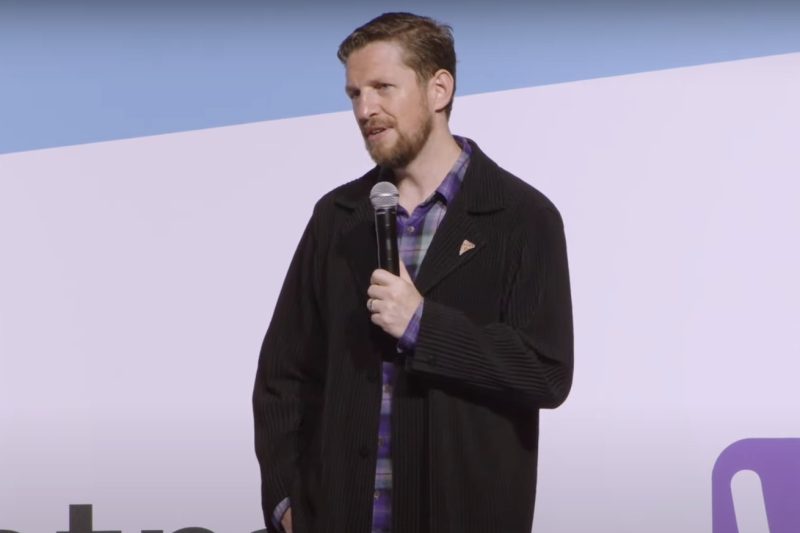Certainly! Here is the well-structured article based on the provided link:
Section 1: The Genesis of WordPress Drama
WordPress, the widely popular platform for building websites, has had its fair share of controversies and drama. One of the most notable incidents transpired in 2018 when Gutenberg, a major update to the WordPress editor, was introduced. This significant change ruffled many feathers in the WordPress community as it replaced the classic editor that users were accustomed to with a block-based editor, leading to a polarizing response.
Section 2: The Conflict Escalates
The release of Gutenberg sparked a heated debate within the WordPress community. While some users embraced the new editor for its enhanced functionalities and modern approach to content creation, others criticized it for its complexity and steep learning curve. The discord within the community intensified as developers and users voiced their concerns and frustrations with the new editor.
Section 3: The Battle Over Ownership
Another source of contention in the WordPress community is the issue of ownership and control. Automattic, the parent company of WordPress, has faced criticism for exerting too much influence over the platform and making unilateral decisions that affect users and developers. The lack of transparency and collaboration in decision-making processes has contributed to the resentment felt by some members of the community.
Section 4: The Call for Change
In response to the growing dissatisfaction with the direction of WordPress, calls for greater community involvement and democratic decision-making have gained momentum. Advocates for change argue that increased transparency, accountability, and inclusivity are essential to safeguarding the values of open-source software and ensuring that WordPress remains a platform that serves the diverse needs of its users.
Section 5: Looking Ahead
As the WordPress drama continues to unfold, it is clear that the community is at a critical crossroads. The challenges and conflicts that have arisen present an opportunity for reflection, dialogue, and, hopefully, reconciliation. By addressing the concerns raised by its users and fostering a culture of collaboration and respect, WordPress has the potential to emerge stronger and more resilient than ever before.
In conclusion, the messy WordPress drama serves as a reminder of the complexities and tensions inherent in managing a large open-source platform. By navigating these challenges with transparency, inclusivity, and a commitment to the values of the community, WordPress can overcome its current struggles and pave the way for a more harmonious and sustainable future.

